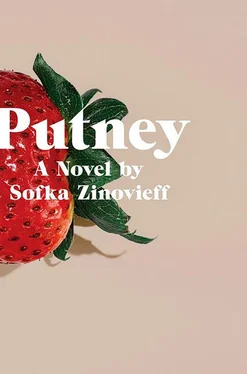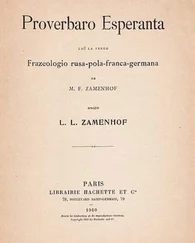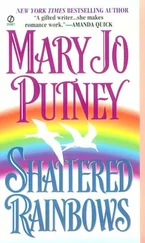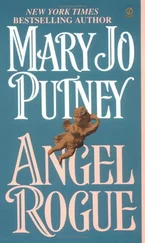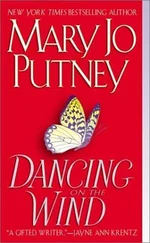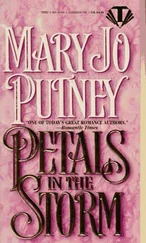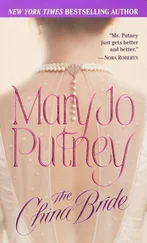Man is not free to avoid doing what gives him greater pleasure than any other action.
Stendhal,
Love
The moment he passed through the hospital’s revolving door, his mind turned to Daphne. On previous visits, he’d consciously conjured the memories as a way of combatting fear. Now it was like being one of Pavlov’s experimental dogs and he pictured her as soon as he smelled the iodine disinfectant and warm rubber, well before he got to the odours of suffering humanity in the lift and started to sweat. Flitting animal movements; narrowed, knowing eyes; dark, tangled hair; dirty bare feet. A boyish girl who ran and tumbled, an adventuring escape artist, a creature on the cusp. The images soothed him. They made him feel alive. The risky element was part of the pleasure.
This was only his fourth session, but he was confident he could manage it by himself. He had strongly encouraged Nina to visit her ancient mother in Greece, playing down the number of treatments. She didn’t even know that he’d stopped the hormone medication in favour of the poisonous chemicals. Better alone. Less fuss. More chance of it all disappearing from view. He knew how to bring familiarity and, with luck, intimacy to a new location. It was satisfying to establish a routine. Even if he was only staying one day in a hotel he unpacked all his clothes, laid his old silk dressing gown on the bed and learned the name of the receptionist.
He carried an aged, leather holdall containing a down pillow, a cashmere wrap, earphones for music, a bottle of tonic water and a packet of salted crackers. There was also a battered copy of Selected Poems of Thomas Hardy . He probably wouldn’t read them, but he would place the book on the bedside table as a declaration: I am a civilised man. It was a message as much for himself as anyone else.
He spotted Annette at the nurses’ station across the large, open-plan space of the chemotherapy department. The cancer unit was all swathes of clear glass, making light and transparency the response to the hidden knots growing in the darkness of bowel or brain. It was not yet nine, but there were already people settling into colourful reclining chairs or lying in beds, hooked up to drips, murmuring quietly to companions and carers. Sunshine streamed in from high windows creating bright shapes on the floor.
Annette was his favourite nurse and he was making sure that he became her favourite patient. Drawing up to the desk, he smiled and fished out a beribboned packet of chocolate almonds from his bag, presenting it with mock gallantry. ‘To the best nurse in London.’ He gave a small bow as if about to take her hand and ask for the next dance. Annette giggled indulgently. He hoped it was unusual to find someone who remained so suave when about to go into battle with a pipeline of Docetaxel. ‘Thank you, Ralph. And you’re not a bad patient.’ She patted his arm with a plump, dark hand and there was a waft of biscuits and Nescafé, mingled with sweet oil from her tightly braided hair. He liked the hints of the Caribbean that came through in her speech, even though she had already explained she was born in London.
‘You’re looking good today, Ralph. You know, you seem so young. Are you really coming up to seventy?’ Papers, lists, dates, certificates, doctors’ reports. Nowhere to hide once you’re in a system.
‘Not quite. Still over a year before I throw that party.’ There were already celebratory concerts planned for his seventieth, including a grand event at the Barbican. None of the organisers had heard about his failing health. He knew he looked good, though for how much longer was a question as hard to ignore as the anticipatory nausea now seeping through his stomach. All the same, he still boasted a full head of hair, even if it was not the rich brown of his youth. And his trouser size had not increased since he was a student – no running to fat for him. The crumpled linen jacket gave the impression of an Englishman abroad, while the faded jeans and plimsolls hinted at an attachment not only to youth, but to the garb of his own youth.
Prodded, jabbed, tubed. ‘OK, Ralph, just relax now. I’ll come and check on you in thirty minutes.’ Here we go.
John Dowland through the earphones today. Eyes closed to the melancholy soprano accompanied by a lute. ‘Flow, My Tears’. Then ‘Come Away, Come Sweet Love’. He was already somewhere else. Back. Not to his childhood home in Worcestershire, nor his student travels to India, but to a garden by the river: Putney. He pulled the cashmere shawl over him, drawing the moth-eaten, mouse-coloured softness across his nose and mouth. It had been his mother’s and, despite its long life and many travels with him, it nonetheless seemed to carry something of her smell. Hidden from view, he held on to his cock through his trousers. Limp as a dead fish, he thought. This is what it has come to – a piece of soft flesh, baby-wrinkled and pitiful, unable to do anything but pass a pathetic flow of piss.
It was hard not to contemplate death, but he countered it by listing his successes to himself. At least I’ve lived my life, he thought. My music is appreciated. There have been television appearances, magazine interviews, university lectures, and trips where I was feted, applauded. Some silly fucker who didn’t understand the music had written a biography, and there were even three PhD theses. And, he thought, I’ve loved.
He was twenty-seven when he met her. It seemed so young now – a boy, practically. Only a few years since he’d left the choking conventions and daunting expectations of his parents’ home near Worcester. He had returned from travels in Greece, Turkey and Bulgaria, where he had been recording musicians and storytellers in remote mountain villages. The people he had stayed with were often suspicious or laughed at his foreignness, but they plied him with absurdly generous hospitality. He sat for days on filthy buses, lugging a rucksack into which he could hardly fit a change of clothes after he had crammed in the cumbersome tape recorder and reels of tape. Sleeping in barns and on floors, he ate endless bean soup and hard, goaty cheese with dry bread, filled notebooks and sent back the recordings by registered post when he found a place with a post office. Ending up in Piraeus, he caught crabs from a woman he picked up in a nightclub and was issued with some foul ointments by a local doctor. His intention had been to seek out dives where musicians came together to play rembetika music, and though he couldn’t understand the words, he found people to translate and appreciated the dual inheritance of pain and humour in these gut-wrenching Greek blues.
London seemed absurdly twee on his return. Cool, damp, muted. He felt burnt and dusty and as out of place as he had in the Balkans. Although he had met Edmund Greenslay several times, he had never been to his house before and didn’t know his wife or children. Edmund was older – in his late thirties – but his charismatic energy was boyish. The two men were planning to collaborate on a musical project, so when Ralph arrived at the house in Putney, it was with his battered rucksack packed with the tape recorder and tapes. He walked from his cramped attic flat in Earls Court through a soggy, English version of a summer afternoon. The sky appeared to have a hangover: headache and queasiness held in place by a stained eiderdown of clouds. In those days there had always been too much to drink or smoke the night before.
Читать дальше
